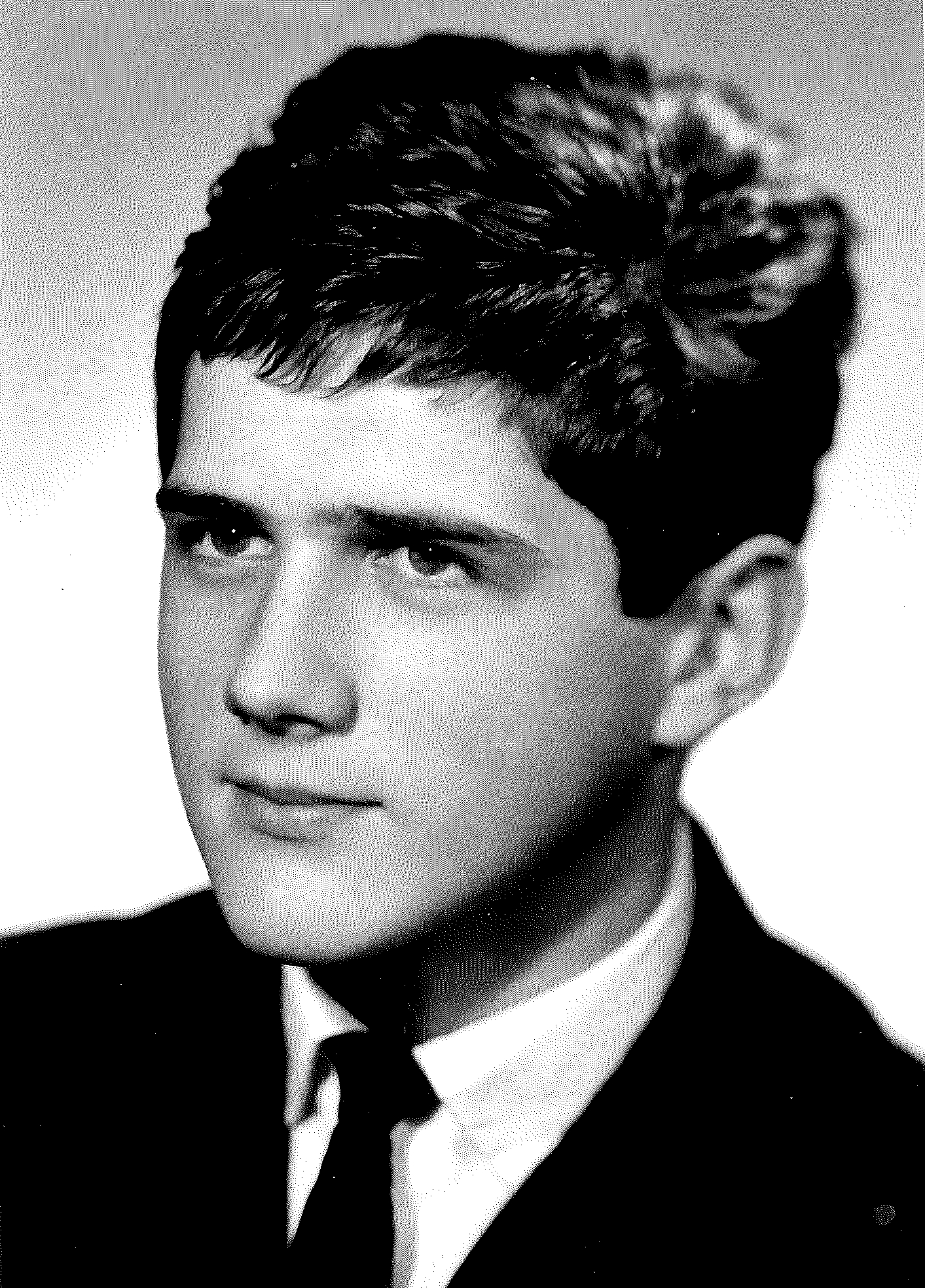Father and son stood on different sides of the barricade in August 1969

Stáhnout obrázek
Miloň Novák Jr. was born on 15 June 1947 in Brandýs nad Labem. Both his parents joined the Communist Party after the war. His father Miloň Novák Sr. (born in 1923), a trained typographer, became a member of the National Security Corps (NSC) in 1945. He was sent to study in Moscow, then in Czechoslovakia he received the law degree. His son played sports from childhood and in 1966 he was admitted to study the fields of physical education and sports psychology at the Faculty of Physical Education and Sport. At the school he experienced the relaxed atmosphere of the Prague Spring, which he was enthusiastic about. The reforms of the late 1960s were also welcomed by his father, who at that time was already the chief of the NSC Prague 1 with the rank of lieutenant colonel. The family disagreed with the Soviet occupation, and his father was hiding in August 1968, so the Soviet soldiers who searched for him at Novák‘s did not succeed. Meanwhile, the son took part in anti-Soviet demonstrations and in November 1968 in a student strike at Faculty of Physical Education and Sport. In August 1969, Miloň Novák Jr. joined the protests held on the occasion of the first anniversary of the occupation on Wenceslas Square. However, as he later found out, his father was already on the „other side“ at that moment, deciding on the action against the demonstrators from the position of the deputy commander of the intervention, Colonel Masák. According to his son, his father disobeyed Masák‘s order to fire live ammunition and instead let the intervention unit push the demonstrators away „only“ with batons and tear gas. Miloň Novák Jr. himself was brutally beaten and arrested. He spent three weeks in a cell in Pankrác in inhumane conditions. Although his father apparently interceded for his release, his son was tortured physically and psychologically and left the cell only as the last of the detainees. After that, the family did not discuss their son‘s imprisonment or his father‘s role in the repressive apparatus, the parents‘ marriage broke down in 1970, and the father was dismissed from the police. Only before his death did he bequeath documents relating to these events to his son. The son was sentenced to a suspended three-month sentence because of the arrest on Wenceslas Square, but was allowed to stay at the faculty. In 1970 he married and a seriously ill son was born, so he had to interrupt his studies. Due to his political stain, he had a hard time finding a job and only found a position with the technical services: for several years he cleaned pavements, worked as a rubbish collector and a driver for a fecal truck before he could start working as a tutor at the boarding school of Spolana Neratovice and later teach there. In 1977, his six-year-old son died of cystic fibrosis, and shortly afterwards, the couple had a stillborn daughter with the same diagnosis. A year later the Novaks adopted a daughter, Šárka, who continues to give them joy to this day. He also worked as a lifeguard, manager of a sports centre and swimming pool, organiser of swimming courses and a masseur. In 1988 he became deputy director of the Neratovice apprentice school. After the revolution he taught from 1994 to 2002 at the newly established grammar school in Neratovice. He was then elected vice-mayor of Neratovice. He retired in 2008. He was living in Neratovice at the time of recording.









